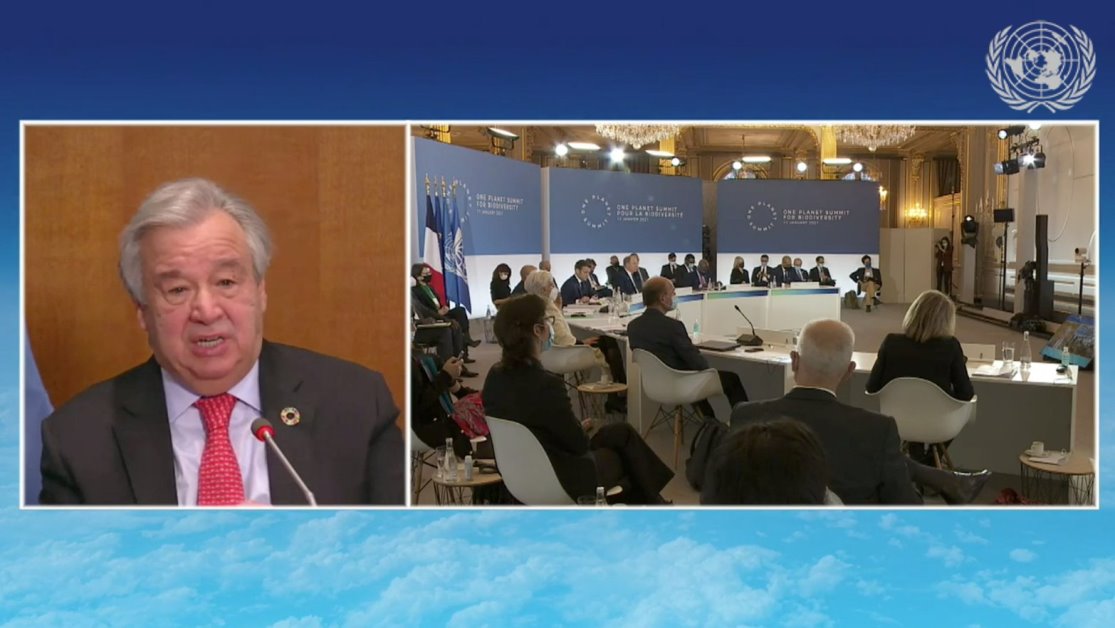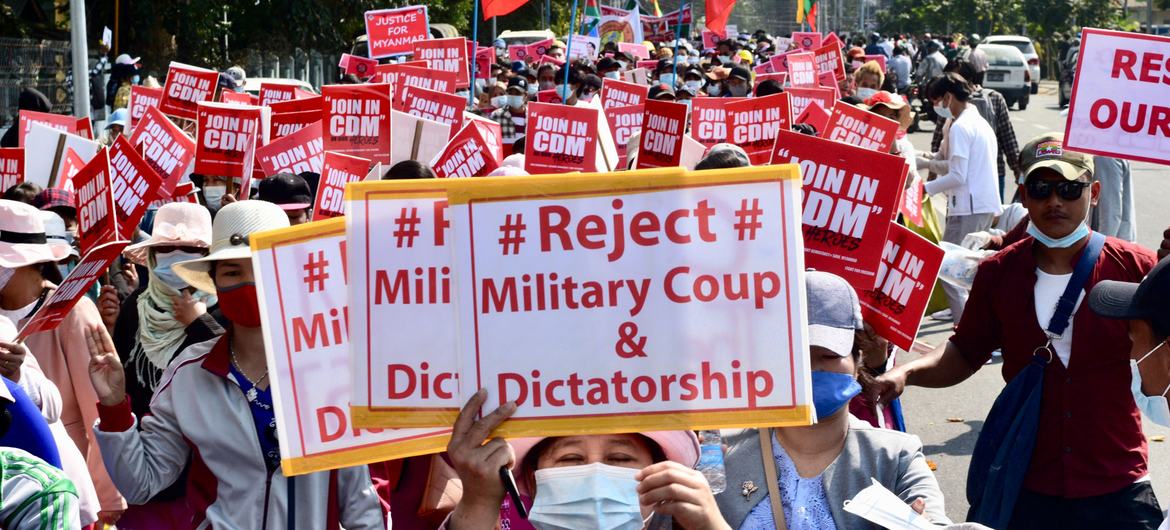COVID-19 is everywhere, literally, and during 2020 it’s spread and resulting impact has led to a global crisis of unprecedented reach and proportion. In a six-part series closing out this tumultuous year, UN News looks at the impact on people in every part of the world and some of the solutions that the United Nations has proposed to deal with the fall-out of the pandemic
 KRC TIMES Desk
KRC TIMES Desk
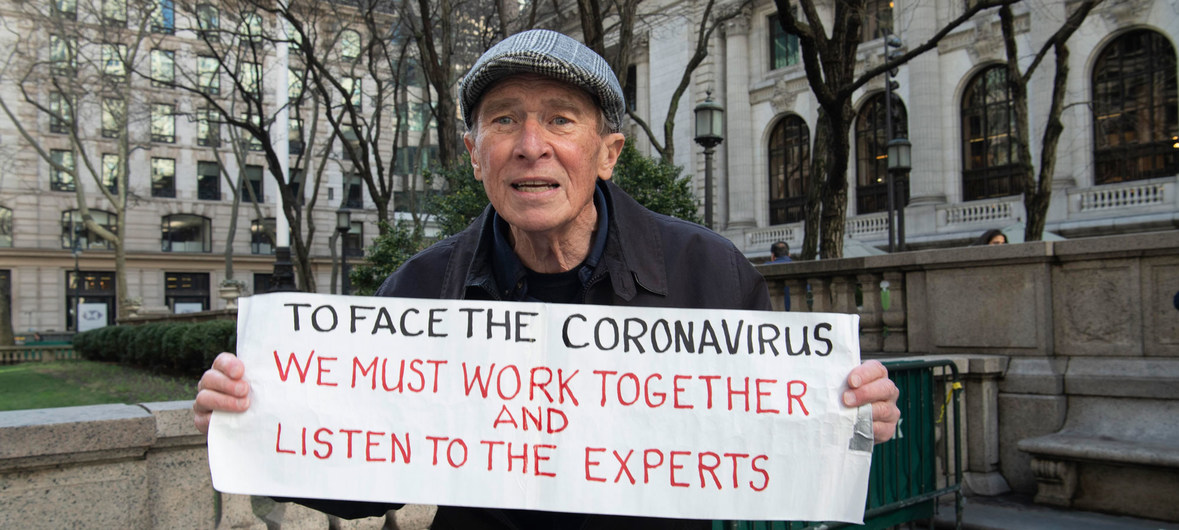

As 2020 comes to an end and people around the world try to make sense of how the world has changed, they are faced with one stark and brutal statistic. The number of people who have died after catching COVID-19, is creeping towards the two million marks.
Early in the year, international travel was severely restricted, and people in Thailand learnt of the importance of PPE, an acronym which quickly entered the global lexicon (which is short for personal protective equipment).
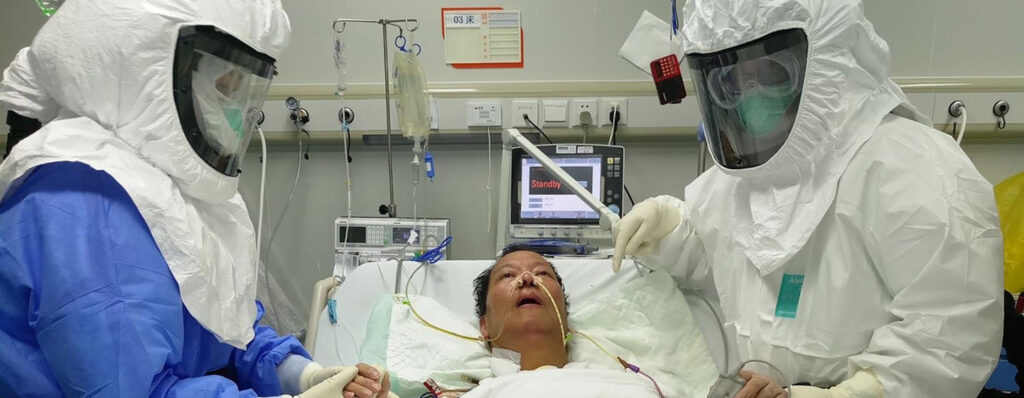
Soon, there were concerns about a global shortage of PPE and the UN supported various countries in the procurement of supplies, including China where the virus first emerged.
As COVID-19 took hold, countries and cities across the world entered lockdown with the closure of schools, cultural and sports venues and all non-essential businesses.
Normally bustling city centres, like the Kenyan capital Nairobi, were eerily quiet as people stayed at home.
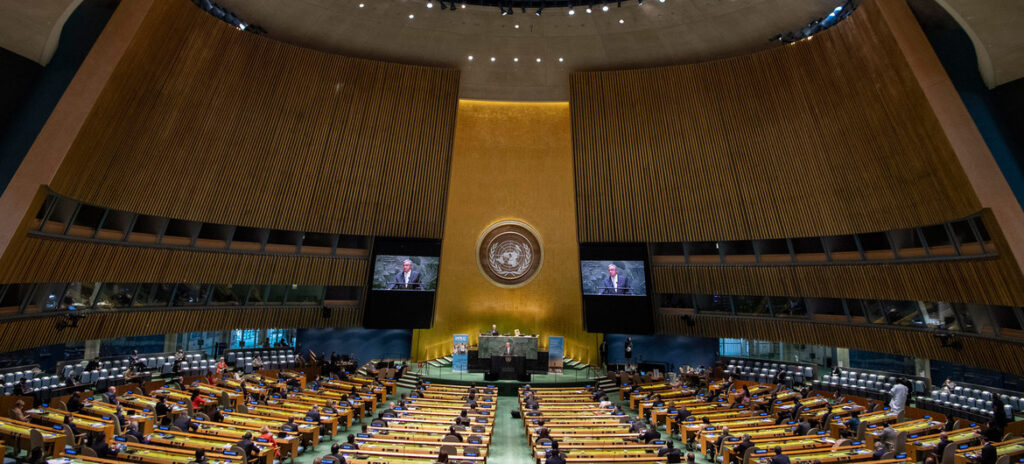
Delegates in the UN General Assembly hall observe social distancing as meetings get underway during the busiest week of the year at the United Nations
The United Nations did stay open for business across the world, although most of the key events, like the annual meeting of the new session of the General Assembly in New York, did look very different. Only a small number of delegates were allowed into the chamber as world leaders gave their speeches virtually.
Across the world, people were adapting to new social distancing guidelines…..
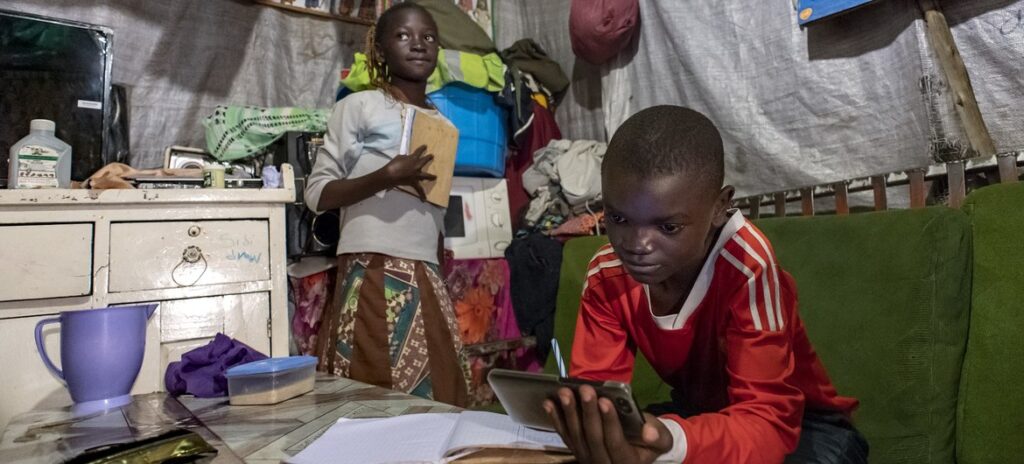
Two siblings study at home in Mathare slum, Nairobi, Kenya, accessing their lessons on the family mobile phone.
Students who were not able to go to school had to adapt to a new reality and find ways to keep up with their studies.
While Africa appeared to suffer less from the virus than other continents, at least in terms of absolute infections and deaths, the UN did voice concerns that the pandemic would push millions more into poverty.
Especially important to the UN was supporting refugees and other vulnerable people on the move across the world, such as the hundreds of thousands of Rohingya people who have sought shelter across the border in Bangladesh.
Progress has been made, in record time, by scientists developing new effective vaccines against COVID-19 and by the end of 2020, the first people, mainly in developed countries, were being inoculated.

The coronavirus vaccine developed by the University of Oxford was shown in trials to be highly effective at stopping people developing COVID-19 symptoms.
As the world enters 2021, the pandemic is still raging and, after an apparent mid-year lull in many countries, more infections and more deaths are being reported. With more vaccines being rolled out, the international community is being urged to work together to stop the spread and follow science-based guidelines.

